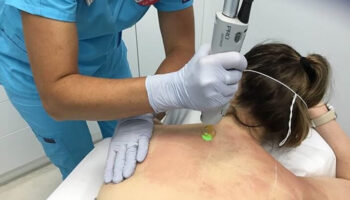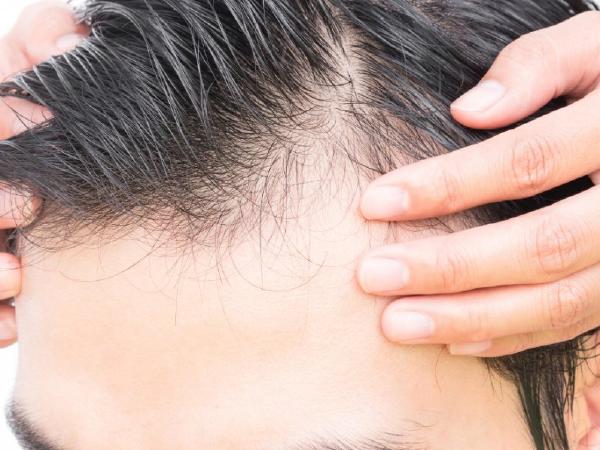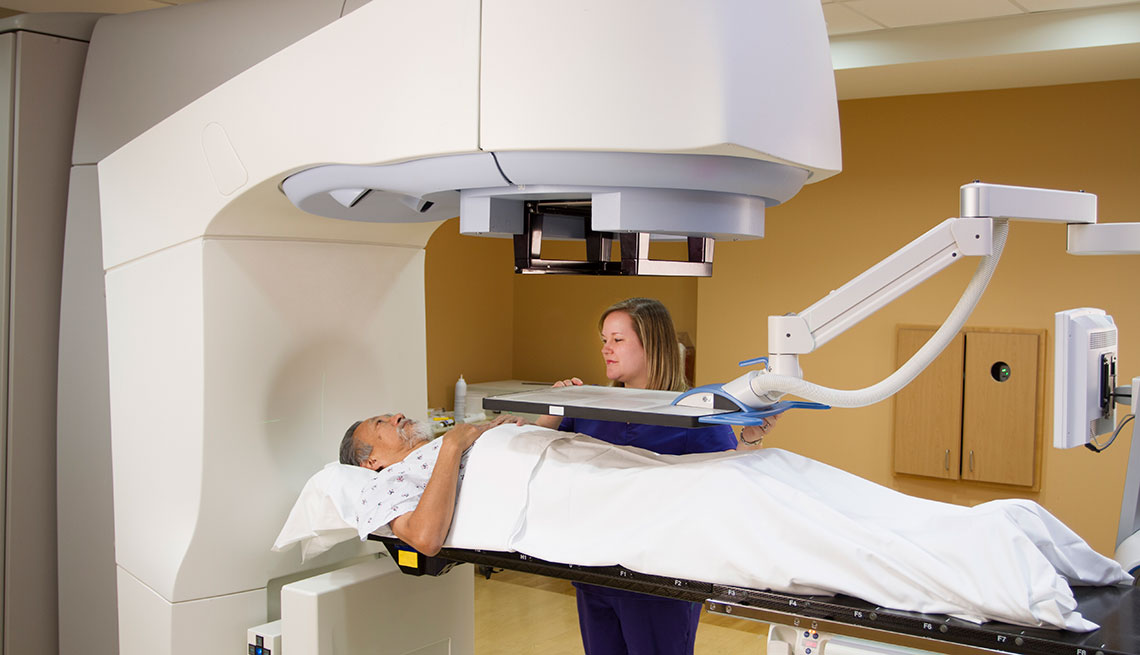Depression is really a disorder whose treatment entails a focused regimen of medicine, therapy, and counseling. One approach is residential strategy to depression, in which the affected person is accepted to some residential facility that gives holistic therapeutic programs.
The treatments of depression are the easy to the complex, but experts agree that a mix of medication, therapy, and behavior programs will most likely become more effective and can have longer-lasting effects.
Residential strategy to depression can include a range of general psychological and neurodevelopmental programs, programs for kids and adolescents, general psychological outside programs, even hospitalization and residential midway house programs.
What exactly are these programs about?
Centers That Seem Like Home
The overall psychological programs will focus more about developing a person’s socio-emotional skills in dealing with the depression. Neurodevelopmental programs, however, will entail more specialized and individualized services with neuro-clinical foundations like QEEG (quantitative electroencephalography) testing, audio-visual testing and training, speech therapy, social therapy or work-related therapy, neuro-feedbacks, as well as physical integration programs.
Residential management of depression in youngsters will need another approach that, although including this tests and therapy regimens, will consider the tender age and eccentricities from the more youthful patients.
Outside programs within residential facilities concentrate on developing group process skills and relationship skills, living and coping skills, and shut coordination and therapy relating to the patient’s family. This program may entail patients happening regular outings involving family or peers inside a wider community to organize them for his or her eventual reintegration to their particular communities once cured from the depression.
Outside programs might also incorporate a neurodevelopmental aspect that can take into account again the formerly-pointed out QEEG tests and neurofeedback therapies, the physical, speech and work-related therapies.
Patients with histories of emotional and behavior disturbances and deep-sitting down depression are built-into a residential treatment community that understands their coping and relating problems. The residential rehab facility thus offers a house setting where patients ought to naturally seek acceptance inside the closed community by coping, processing their group relationship skills, their social functioning, communication, and independent living abilities.
Your Own House like a Treatment Facility
You will find cases in which the very best treatment place for family is your own house.
This really is especially true if your depressed individual is a young child or perhaps an old relative (a parent or gaurdian, grandparent or aunt) that require additional care that the out-of-home treatment solution center can’t accommodate.
There are numerous changes that you need to use your house for example which makes it accident-free (and suicide-free zone). You should also repaint walls to really make it livelier and sunnier than ever before.
Even though you collect a family member and choose to treat her or him at home, you should also send him to the outside programs of the treatment facility for socialization and group therapy.
If you like laser hair removal method, you have to submit yourself too, because the caregiver, to trainings and conferences from the treatment facility. This really is to coach you how to deal with effectively a depressed person both at home and the folks coping with him.
Is residential strategy to depression more prone to be effective?
The important thing to some effective residential strategy to depression is multi-faceted. There has to be focused, individualized focus on the individual, preferably same-sex or single gender programs, intensive clinical regimen of person-group-family-peer therapies, diversity to match personality variations among patients, competent and experienced clinical or medical staff from the residential rehab facility, inclusion of academics in to the program, and favorable venues or sites for that residential management of depression.
An expert residential strategy to depression, quite simply, must include, to become truly effective, a personalized plan for treatment completely maintained by psychological and mental evaluation, and including individual and social psychiatric therapy, family-related counseling, complete nursing care, fitness exercise and nutritional regimens, and experiential therapies. Taken holistically, the individual is permitted gradual shift from individualistic depression to some socially acceptable relation.






